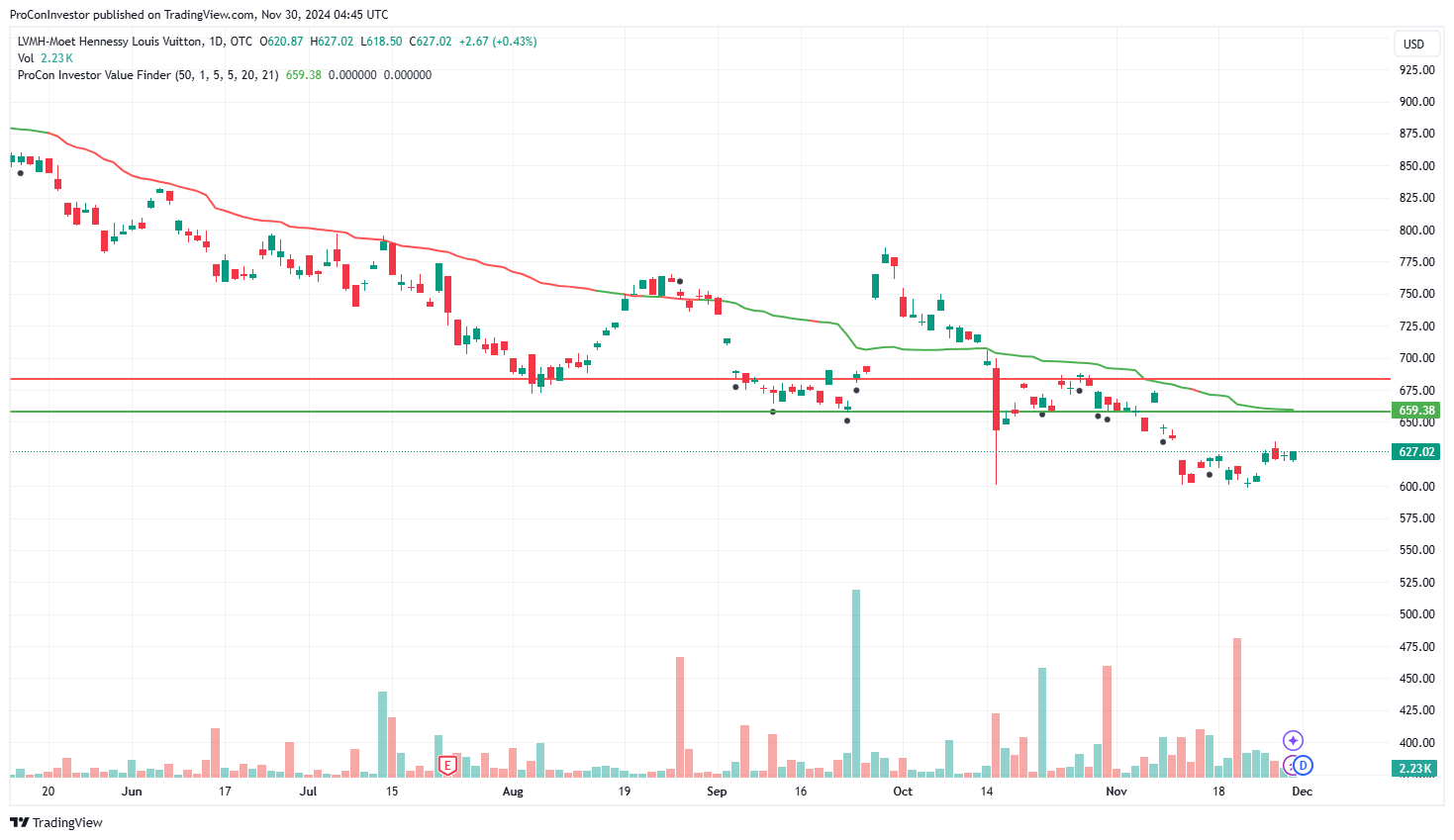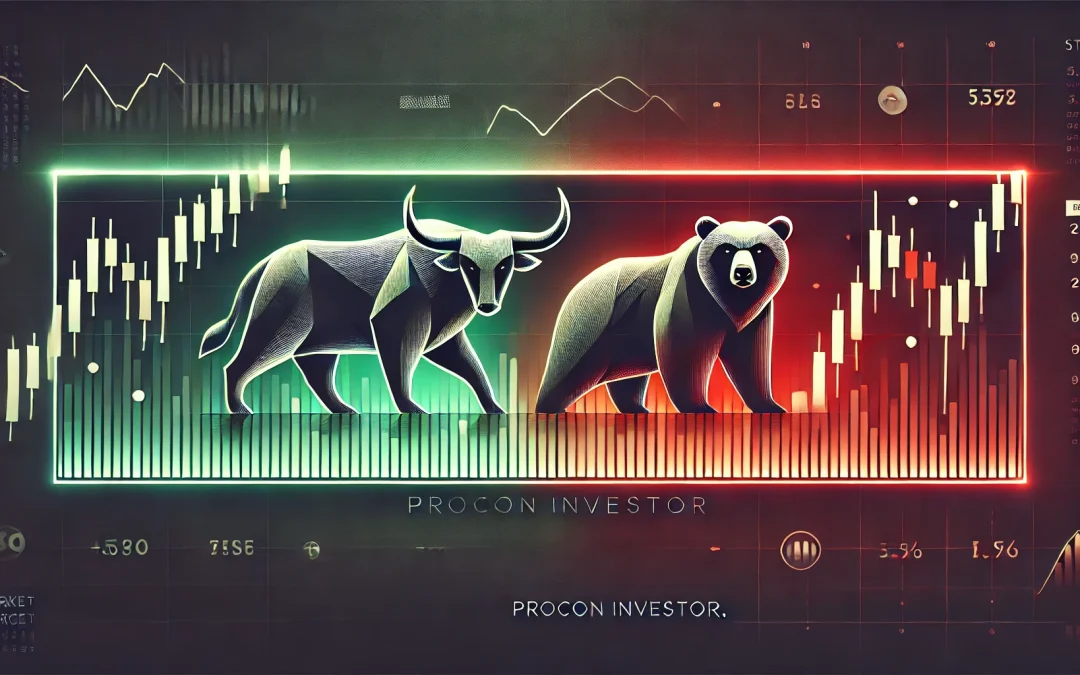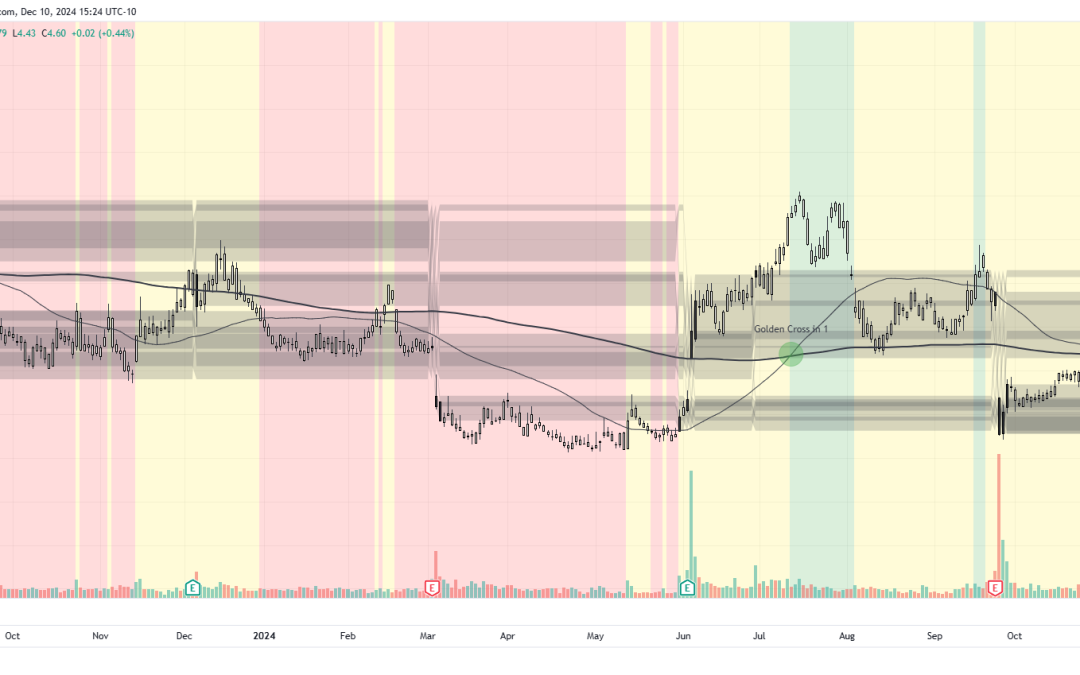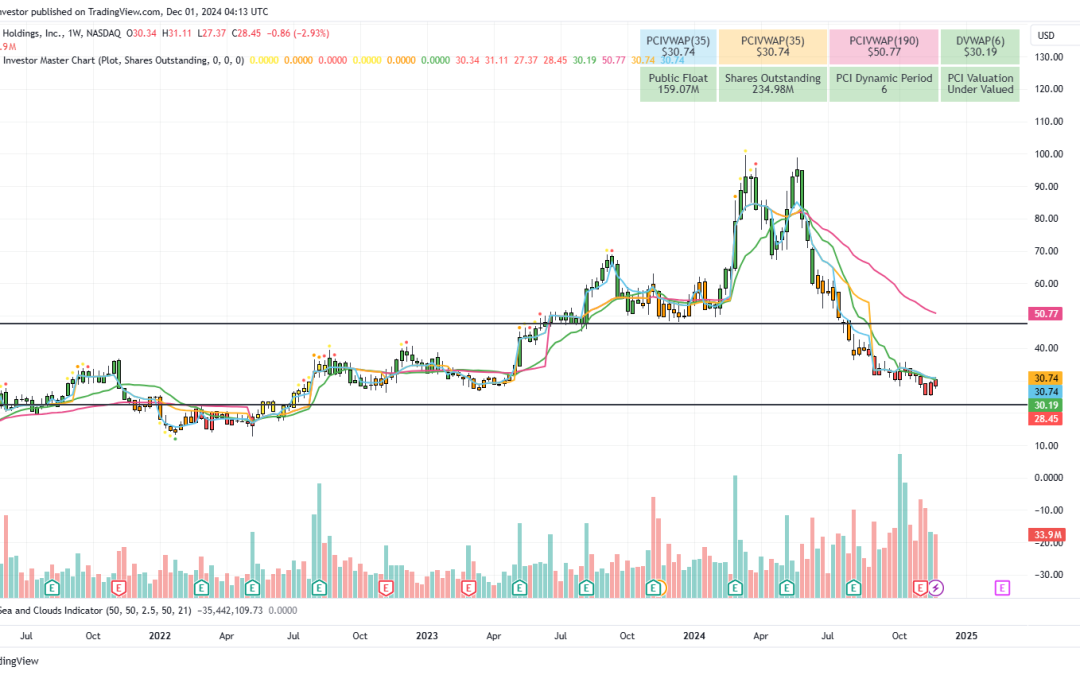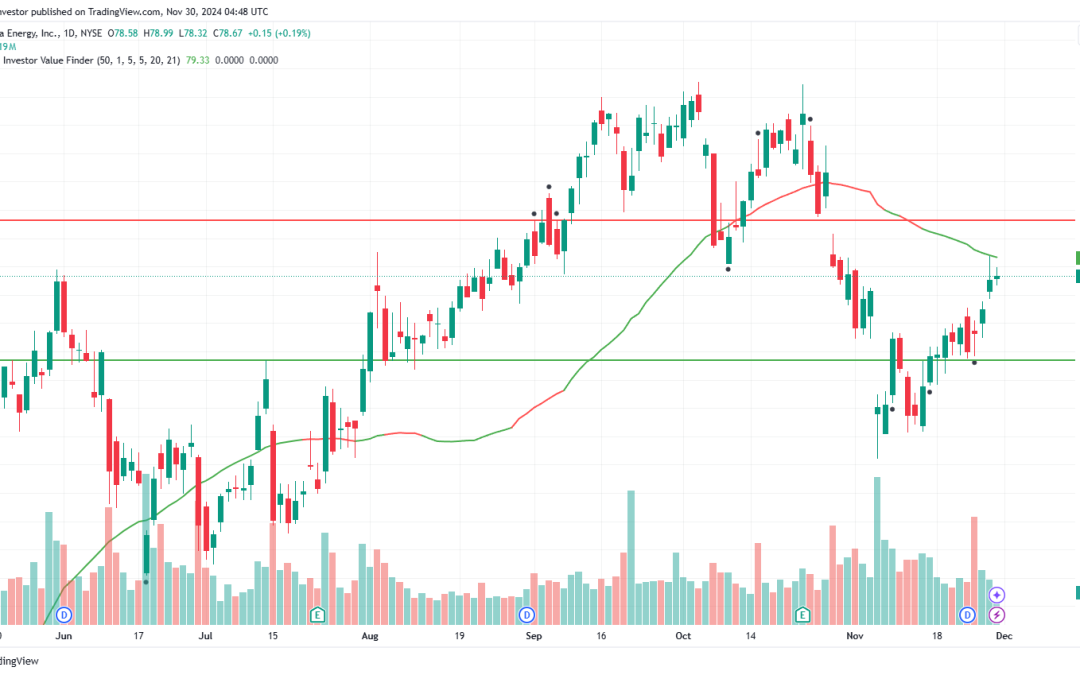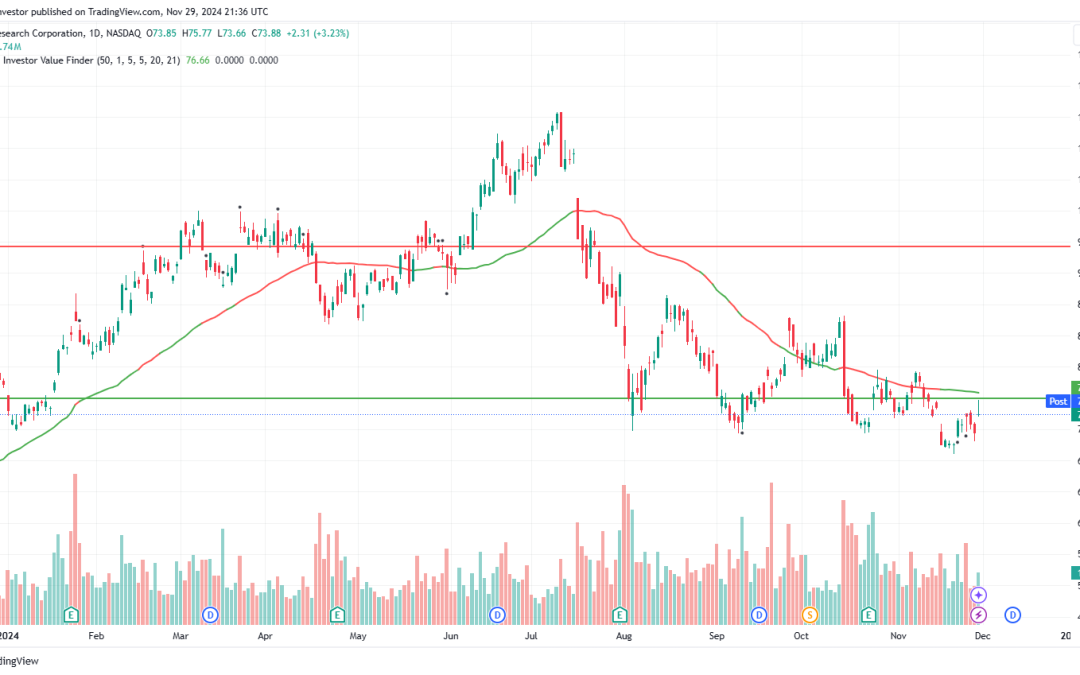LVMH Moët Hennessy Louis Vuitton (OTC: LVMHF) is a global leader in luxury goods, encompassing over 75 prestigious brands across sectors such as fashion, wines and spirits, perfumes and cosmetics, watches and jewelry, and selective retailing.
Pros of Investing in LVMH
- Diverse Portfolio of Prestigious Brands
- LVMH’s extensive portfolio includes iconic brands like Louis Vuitton, Dior, and Moët & Chandon, providing a broad revenue base and reducing dependency on a single brand.
- Global Market Presence
- With a retail network of over 6,000 stores worldwide, LVMH has a significant presence in key markets, enhancing its ability to reach a diverse customer base. Insider Screener
- Financial Resilience
- In 2023, LVMH reported revenue of €86.2 billion, marking a 9% increase from the previous year, and a net profit of €15.17 billion, up 8%, indicating strong financial health. Insider Screener
- Strategic Acquisitions
- The acquisition of Tiffany & Co. has strengthened LVMH’s position in the jewelry sector, complementing its existing portfolio and expanding its market share.
- Insider Confidence
- Bernard Arnault, Chairman and CEO of LVMH, has demonstrated confidence in the company’s prospects through significant insider buying. Notably, in November 2024, he purchased substantial shares through Financière Agache, a closely affiliated entity. Insider Screener
- Commitment to Sustainability
- LVMH has implemented initiatives to reduce carbon emissions and source sustainable materials, aligning with global trends toward environmental responsibility.
Cons of Investing in LVMH
- Exposure to Economic Cycles
- The luxury goods market is sensitive to economic downturns, which can lead to reduced consumer spending on high-end products, impacting LVMH’s sales.
- Dependence on Key Markets
- A significant portion of LVMH’s revenue comes from markets like China and the U.S.; economic slowdowns or geopolitical tensions in these regions can adversely affect performance.
- Intense Competition
- LVMH faces competition from other luxury conglomerates such as Kering and Richemont, which can affect market share and pricing power.
- Currency Fluctuations
- As a global company, LVMH’s financial results are subject to currency exchange rate volatility, which can impact profitability.
- High Valuation
- LVMH’s stock often trades at a premium, which may pose a risk if growth expectations are not met, potentially leading to stock price volatility.
Key Financial Metrics
- Revenue (2023): €86.2 billion
- Net Profit (2023): €15.17 billion
- Operating Margin (2023): 26.5%
- Dividend Yield: Approximately 1.5%
- P/E Ratio: Around 25x
Investor Takeaway
LVMH’s robust portfolio of luxury brands, global presence, and strong financial performance make it a compelling investment in the luxury sector. However, potential investors should consider the company’s exposure to economic cycles, dependence on key markets, and valuation levels. A diversified investment approach is recommended to mitigate these risks.
Bottom Line
Investing in LVMH offers exposure to a leading luxury conglomerate with a history of resilience and growth. Balancing the company’s strengths against potential risks is crucial for informed investment decisions.

